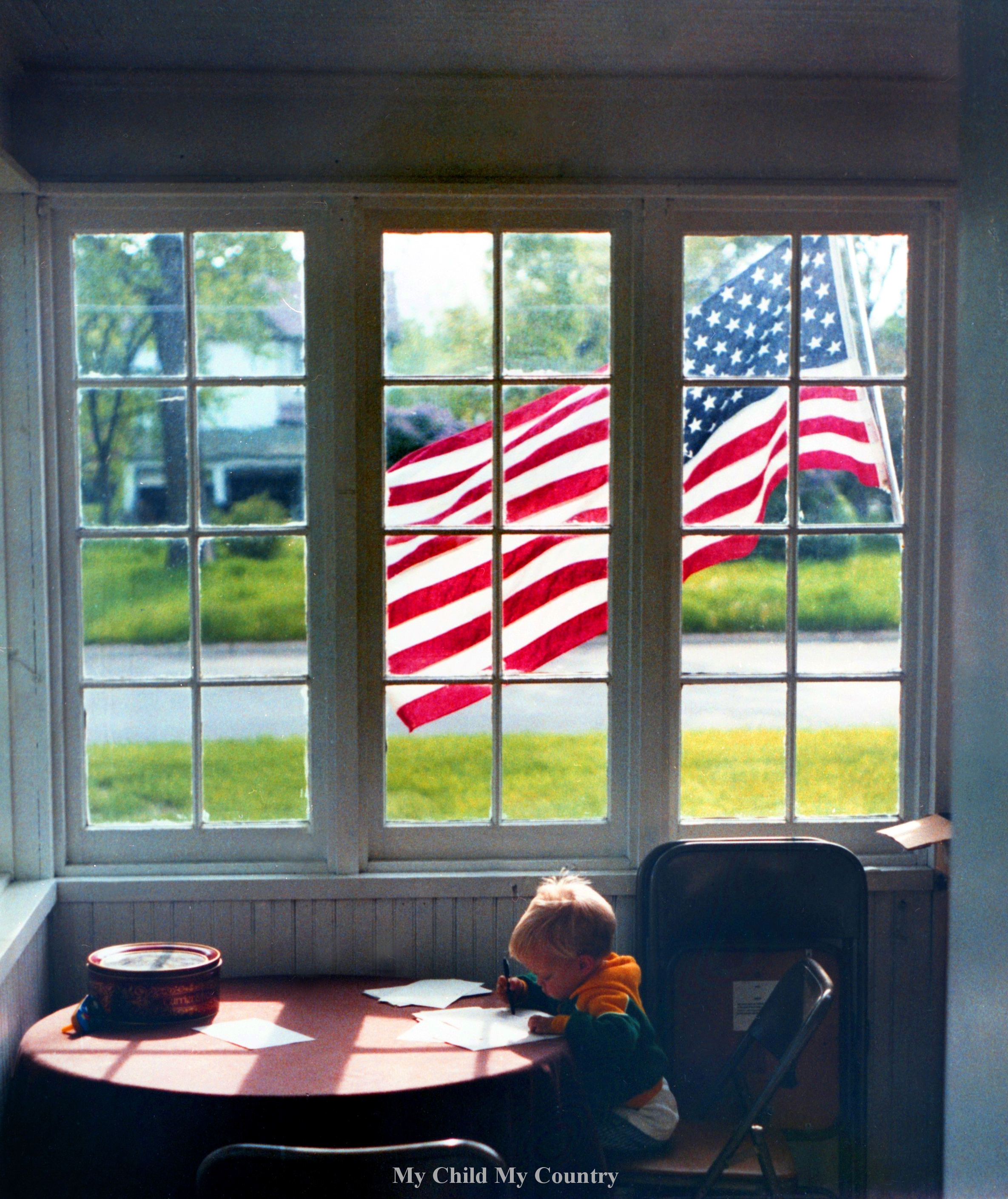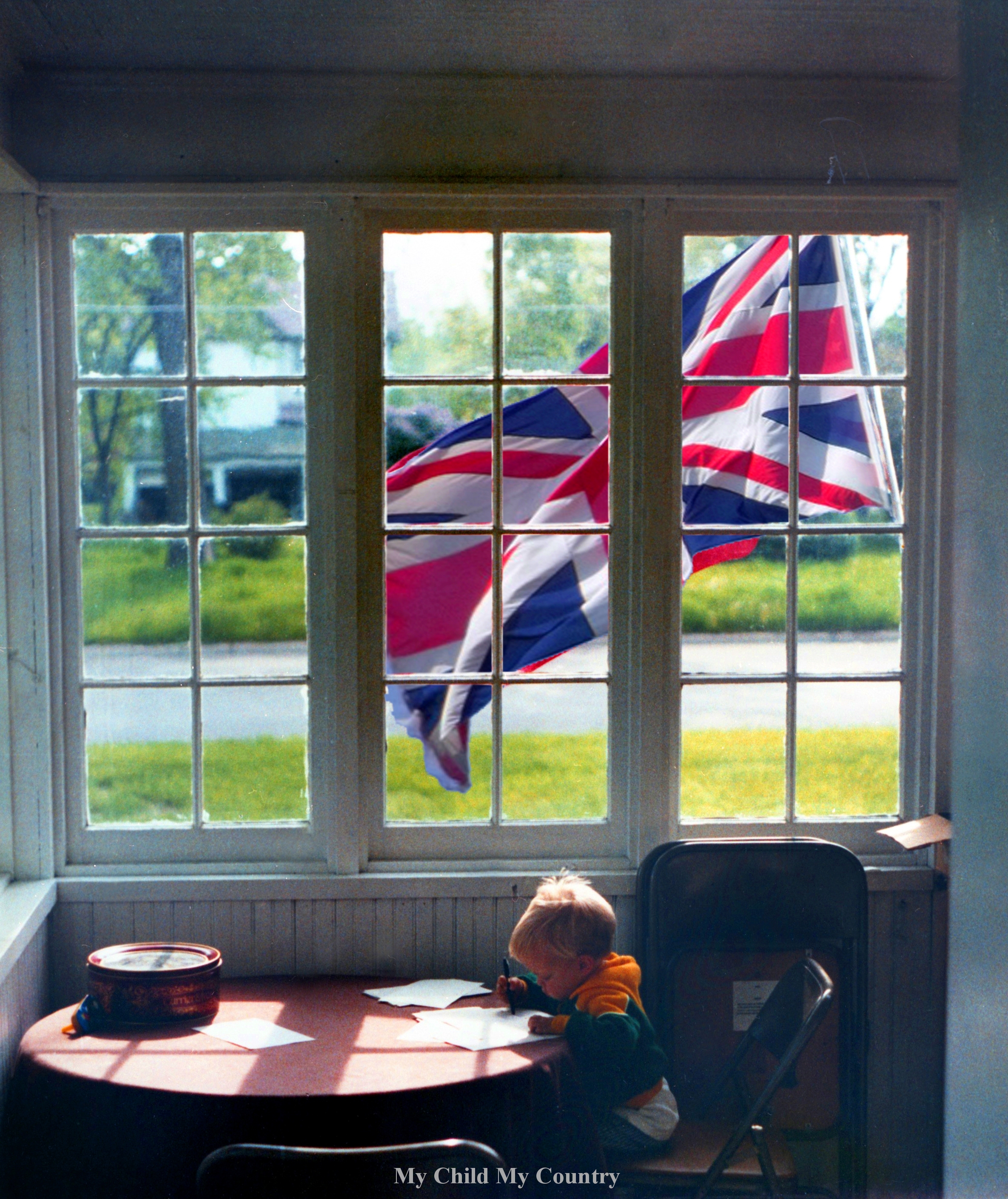“Three strikes you’re out”, comes from American baseball lingo. This statute, where one convicted of 3 felonies earned a life sentence in prison, was first introduced as legislation in Texas in 1974. The Supreme Court upheld the statute in the case “Rummel verses Estelle”. In this case, the amount of money involved in the 3rd felony was non-payment of an air conditioner repair bill of $120.75. The total amount involved of all three felonies was $230. For this the felon received a life sentence with a chance for parole in 25 years.
Washington State adopted this statute in 1993, followed by California and many of the states in 1994. These statutes are known by lawyers as “habitual offender” laws. The majority of states require that the three felony convictions be for violent crime such as murder, kidnapping, rape, aggravated (weapons used) assault and robbery. Some states, Louisiana, Florida, Mississippi, Alabama, and South Carolina allow “three strikes” for non-violent crime. Roughly, 1/3 of all incarcerations for the three strikes you’re out statute, lie within these five states.
Lance Saltzman, of Florida, was tired of seeing his stepfather abuse his mother, threatening her with a gun. He took the weapon and sold it to a friend. The friend committed a burglary with the gun. Saltzman was charged with burglary, theft, and being a felon in possession of a firearm-all for taking a gun from his own house. He had been convicted of marijuana possession, trespassing, and petty theft. He also had a burglary conviction at age 16. That was all it took to be sentenced to life in prison with no possibility of parole. He was 22 years old. Under Florida’s Stand Your Ground laws(Zimmerman/Treavon Martin), he would have been better off shooting and killing his abusive step father. Mr. Saltzman is one of at least 3278 people serving life sentences for non-violent crime. Some of the non-violent offences include shoplifting a belt, selling $10 of crack cocaine to a police informant, and possessing stolen wrenches.
Clarence Aaron, of Louisiana, with no rap sheet, acted as a middle man in a small drug deal. When arrested, he refused to testify against the buyer and the seller. He is among the 1/5th of non-violent life without-paroles in the federal system, serving time for a first offence. The buyer and seller are out of prison, while Aaron is 20 years into his sentence. Like most prisoners in the United States penal system, he is among the 65% that are black, compared to 18% for whites, and 16% for Hispanics. Blacks are 91% of non-violent life-without parole prisoners in Louisiana. At $20,000 – $30,000/year to incarcerate one person, one can only surmise that the vast sums spent on felons would surely reduce crime if spent instead on detective work, drug treatment, rehabilitation, and education.
Texas and Arkansas are amending the statute, “three strikes you’re out”, specifying that only violent crimes be considered. Eric Holder, America’s attorney general of the United States at the time, has stated “the government will no longer charge low-level, non-violent drug offenders with crimes that trigger such sentences”. According to the Economist, long sentences have not made drugs more difficult to buy, in fact a study in 2004, analyzing the effect of the legislation based on deterrence and incapacitation showed that the three strikes law had no significant effect on deterrence and incapacitation of crimes. It seems that America has finally awakened to the fact that the drug war is lost and alternatives to incarceration may have a voice. Published each Wednesday at least.





You can certainly see your enthusiasm within the paintings you write. The arena hopes for even more passionate writers like you who aren’t afraid to mention how they believe. Always go after your heart.
Very great post. I simply stumbled upon your weblog and wanted to mention that I have truly loved surfing around your weblog posts. In any case I will be subscribing in your feed and I am hoping you write again soon!
Terrific work! That is the type of information that are supposed to be shared around the net. Shame on the seek engines for now not positioning this put up higher! Come on over and consult with my site . Thank you =)
Amazing things here. I am very glad to look your post. Thank you a lot and I’m looking forward to contact you. Will you kindly drop me a e-mail?
Hiya, I am really glad I’ve found this information. Today bloggers publish only about gossips and net and this is actually frustrating. A good blog with interesting content, that’s what I need. Thank you for keeping this site, I will be visiting it. Do you do newsletters? Can not find it.…I will be happy if you visit my blog and say something http://twitter-guide-1.blogspot.com/
I absolutely love your blog and find almost all of your post’s to
be just what I’m looking for. Do you offer guest
writers to write content to suit your needs? I wouldn’t mind producing a post or
elaborating on a lot of the subjects you write concerning here.
Again, awesome blog!
Hi there, always i used to check weblog posts here early in the morning, because i enjoy to gain knowledge of more and more.
Hi! I’ve been following your web site for a long time now and finally got the
courage to go ahead and give you a shout out from Lubbock
Tx! Just wanted to tell you keep up the fantastic work!
I couldn’t refrain from commenting. Well written!
Hi there friends, pleasant article and nice urging commented here, I am really enjoying by these.
This is a good tip especially to those fresh to
the blogosphere. Short but very accurate info… Thank you for sharing this
one. A must read article!
I am extremely impressed along with your writing talents as smartly as with
the format to your weblog. Is that this a paid theme or did
you customize it your self? Either way stay up the excellent quality writing, it’s uncommon to look
a nice blog like this one today.. adreamoftrains web hosting reviews
I’m really inspired along with your writing abilities and also
with the structure on your blog. Is this a paid theme or did you customize it your self?
Anyway stay up the excellent quality writing, it’s rare to peer a great
weblog like this one today..
Magnificent web site. A lot of useful info here. I am sending it to several
friends ans additionally sharing in delicious.
And certainly, thanks in your sweat!
Your means of explaining the whole thing in this article is really nice, every one be capable
of without difficulty know it, Thanks a lot.
Very good article! We will be linking to this great post on our
website. Keep up the good writing.